E-bikes Should Not Be the Cause of Traffic Disruptions
-2.jpg)
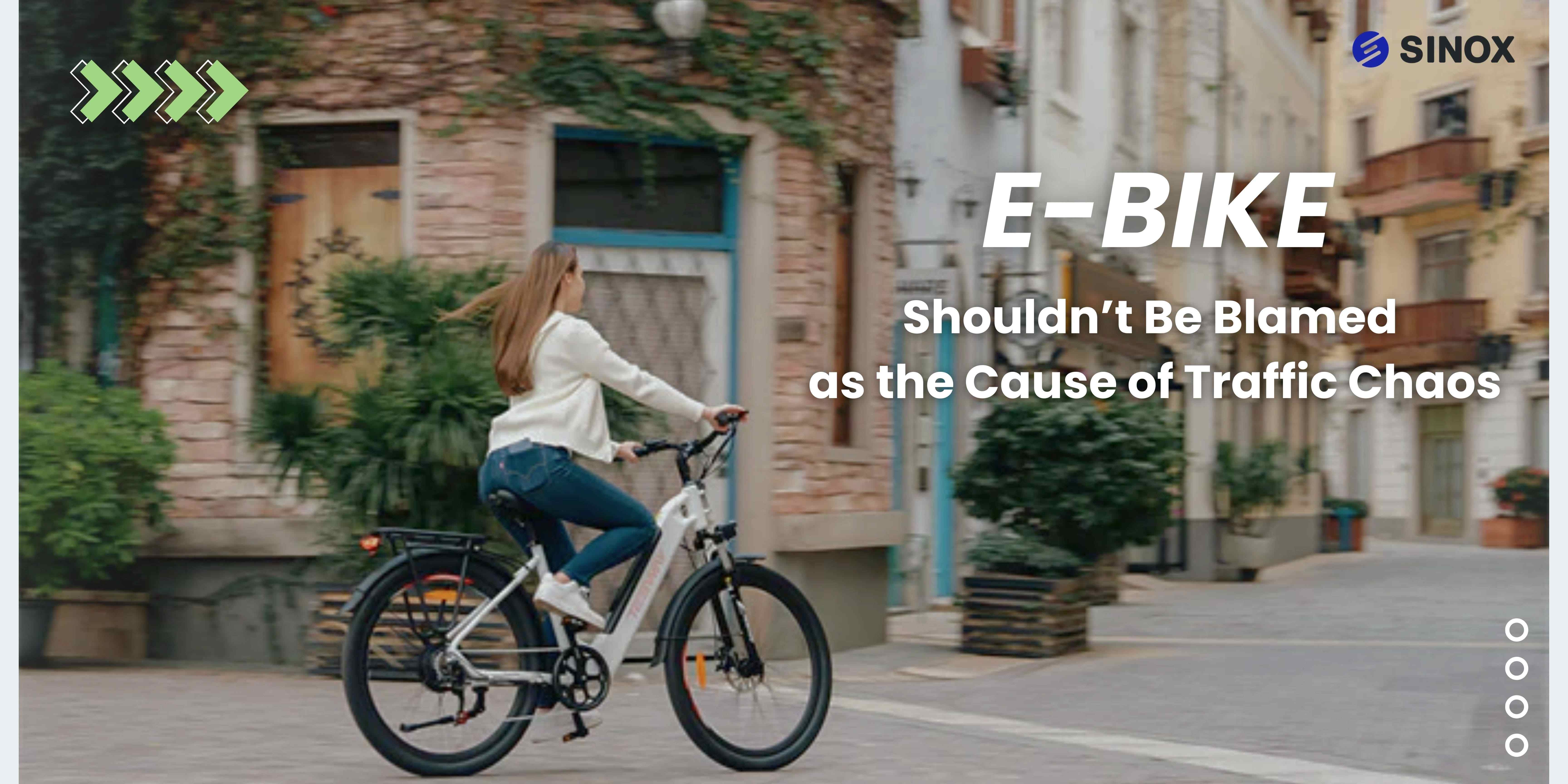
As global awareness of environmental protection and sustainable transportation grows, shared bicycles, cars, and motorcycles have become a common sight. Whether for commuters or leisure outings, E-bikes are gradually becoming a preferred means of transportation in daily life. In Europe, local governments have introduced various incentives, even offering subsidies to encourage citizens to “ride bikes to work”!
However, in the current scenario of promoting green transportation in Europe, ensuring the safety of shared or private E-bikes when parked in public areas remains a challenge. Therefore, E-bikes are not the root cause of traffic issues; the core problem lies in the rationality of "urban area planning."
Moreover, non-compliant pedestrian behavior, a lack of legal regulations, and frequent traffic accidents are significant challenges that European governments face when promoting and managing E-bike traffic.
The Challenges and Pain Points of E-bikes
Currently, E-bikes have become a popular mode of transportation in European cities, mainly due to Europe’s pleasant weather, which makes E-bikes more suitable for point-to-point travel compared to North America or China, where the land is vast. Lifestyle habits also differ from other countries, and government subsidies have made the European market a breeding ground for E-bikes.
However, E-bike development faces multiple challenges. Besides responding to the advocacy of green travel, it also requires comprehensive coordination with urban public infrastructure. From an urban environment perspective, the widespread use of E-bikes poses traffic safety risks, necessitating dedicated E-bike parking facilities, especially in office areas, commercial zones, and residential neighborhoods, to prevent safety hazards caused by disordered parking. For instance:
- Can the government improve public infrastructure planning to meet the temporary parking needs of electric vehicles?
- Are these parking spaces convenient and compliant with traffic safety regulations?
From a citizen’s perspective, the high cost of E-bikes parked outdoors also presents safety risks. Particularly, the batteries are prone to theft or damage, affecting the vehicle's performance and value, causing significant financial losses to users. Therefore, optimizing parking facilities is a priority for governments, while protecting the batteries is a challenge for E-bike users. The "E-bike battery lock" has thus become an effective security tool.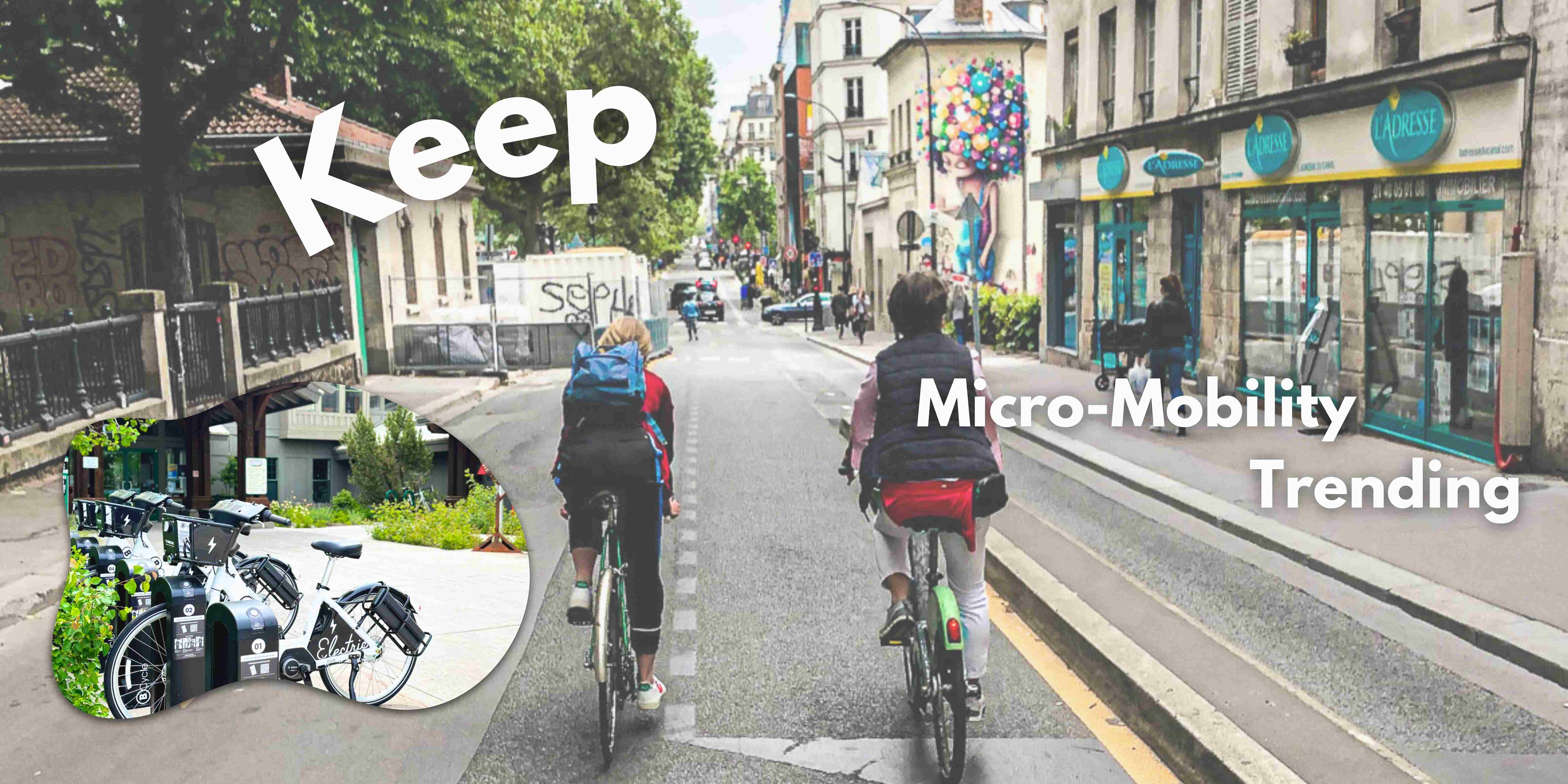
Germany E-bike Parking Facilities as an Example
In Germany, the design of shared E-bike parking facilities fully considers safety needs. Through fixed vehicle locking devices, vehicles can be secured to the racks, preventing unauthorized access and theft.
However, even in a city as rigorous as Germany, not all E-bike parking spaces are as well-established as those in other European regions. In reality, building dedicated E-bike parking areas in public spaces remains challenging. Some observed issues include:
- Increased Competition for Road Space: Many cities' road designs mainly accommodate cars and traditional bicycles, leading to relatively narrow lanes. Since E-bikes generally move faster than traditional bikes but slower than cars, they are more likely to cause friction and competition with other vehicles on narrow roads, increasing complexity and potential risks.
- Shortage of Parking Facilities and Disordered Parking: Many cities lack sufficient E-bike parking facilities, especially in office areas, commercial districts, and residential areas, leading to disordered parking. This not only takes up sidewalks and public spaces but also affects the city’s aesthetics and pedestrian access.
- Theft of Private E-bikes: Uncontrolled parking of private E-bikes increases the theft rate, particularly in tourist-favored countries like Italy, diminishing public trust in green transportation tools and indirectly affecting E-bike usage.
Promoting "Micro Mobility"
To address the safety challenges of E-bikes in European cities, the SINOX team has developed solutions. The E-bike battery, being its most important component, is also the most susceptible to theft. Currently, SINOX is collaborating with E-bike brands to design exclusive battery locks for different models, with matching keys to meet users' anti-theft needs.
We call on government agencies and businesses to focus on the development of "micro mobility"! From improving parking facilities to introducing supporting anti-theft mechanisms, we aim to safeguard sustainable urban development and citizens’ travel safety. By adopting advanced anti-theft technology and infrastructure, we can create a safer and more convenient micro mobility environment, further promoting low-carbon travel!
Sinox Understands the Demand, Offering Market-Specific Solutions
With technological advancements, the development of shared tools promotes the spread of green travel. However, achieving a comprehensive green transportation plan in Europe requires collaboration across multiple industry chains and continuous efforts from local governments. The Sinox team is actively collaborating with a diverse range of parking equipment industries to develop more complete and systematic solutions. We are also focused on enhancing the comfort of green transportation tools to better meet consumer needs.
Sinox is not only an innovative technology team but also dedicated to creating solutions that fit daily life, ultimately driving the popularization of green travel and making a positive contribution to sustainable environmental development.
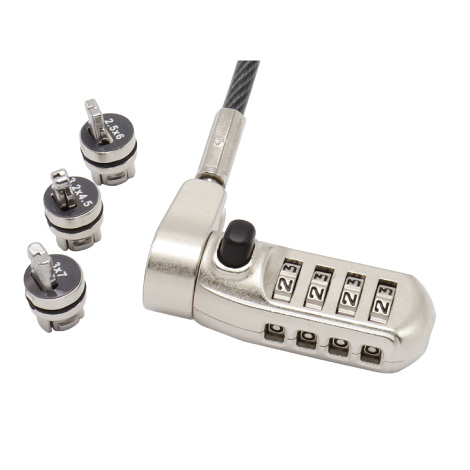
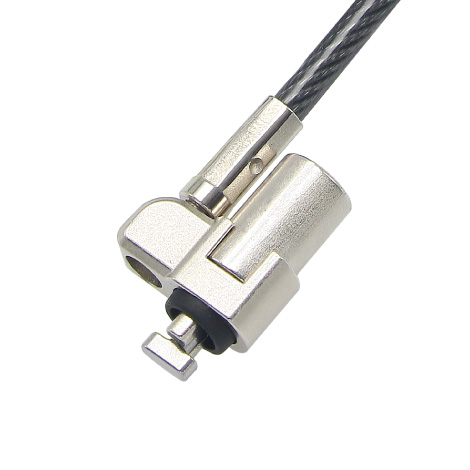

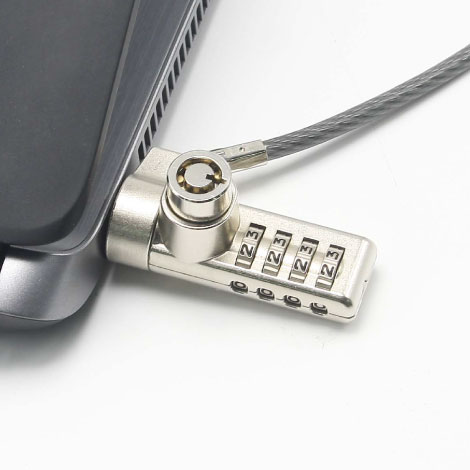

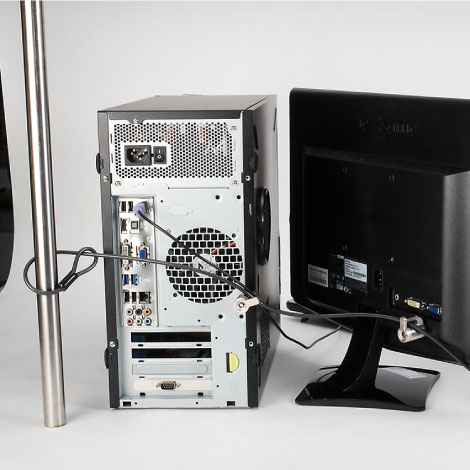
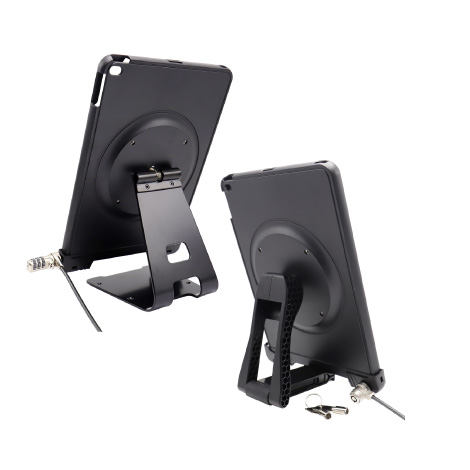

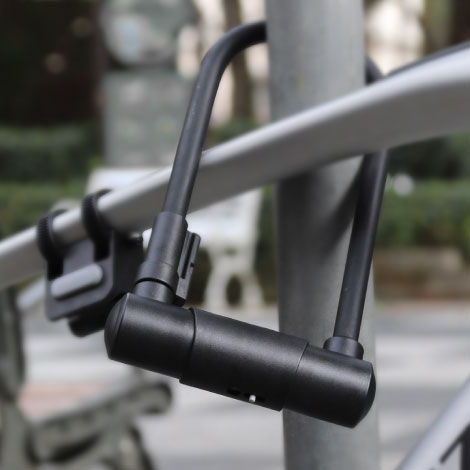
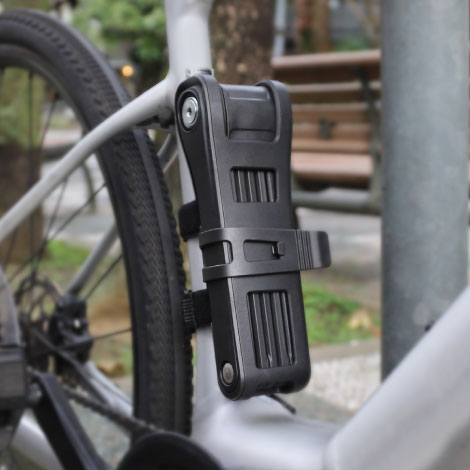
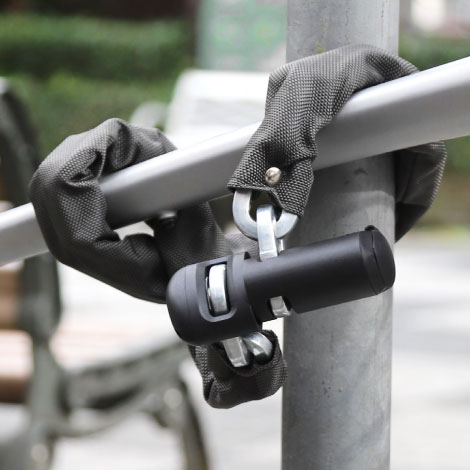
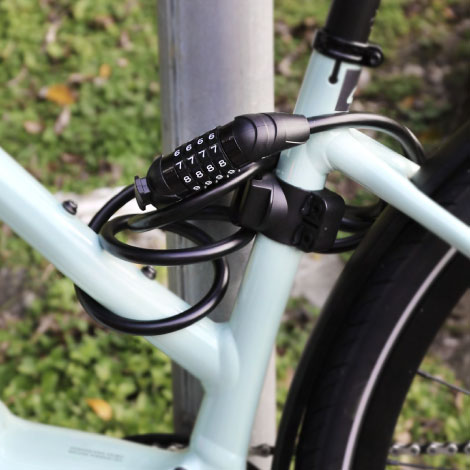
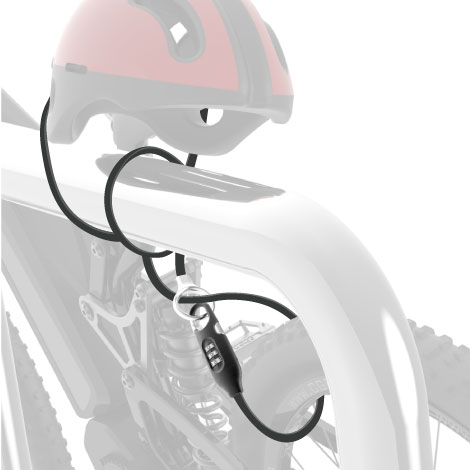
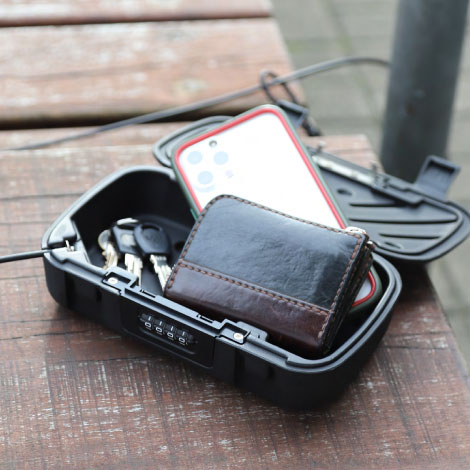
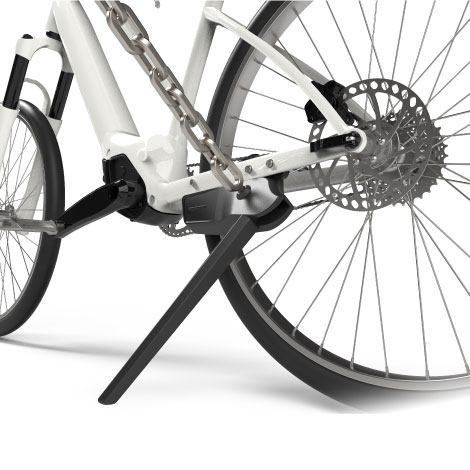
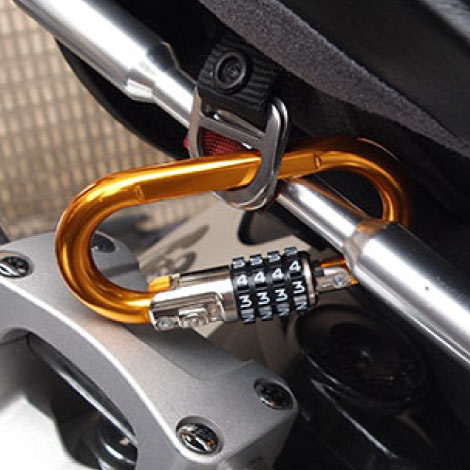


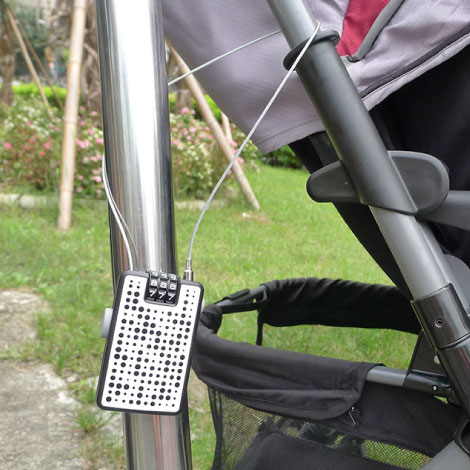





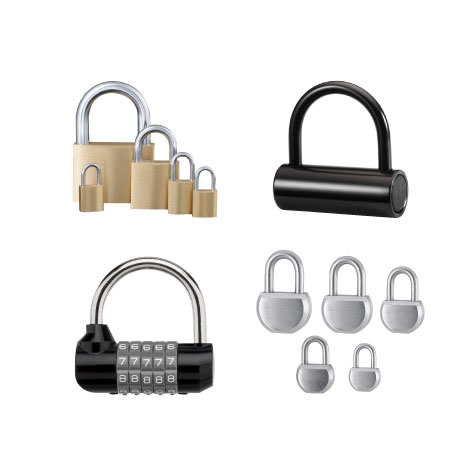

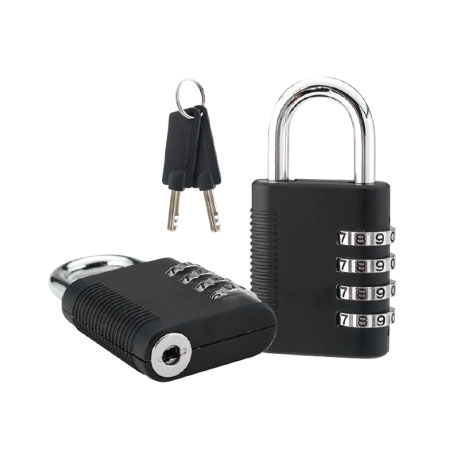

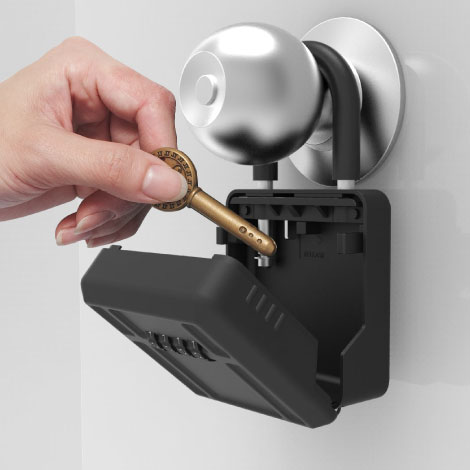
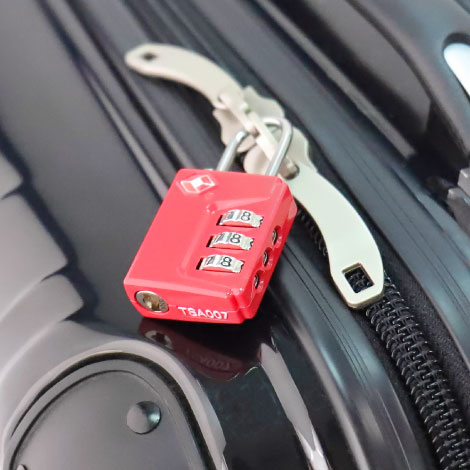
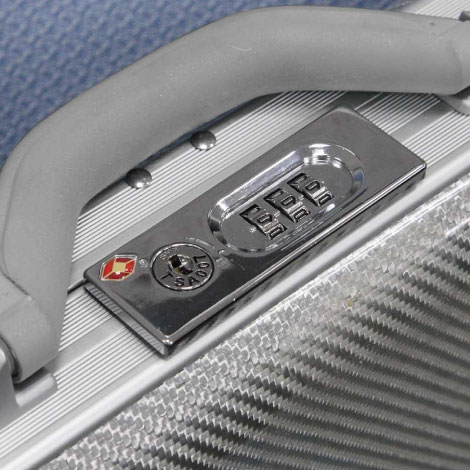


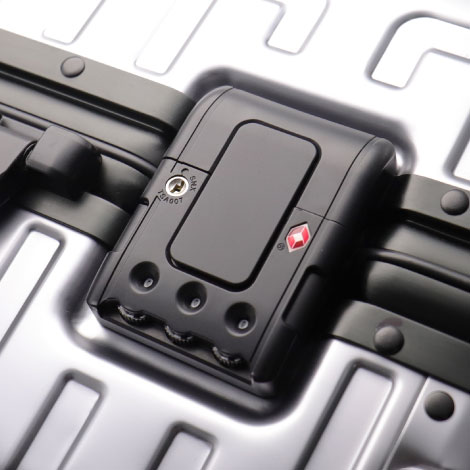


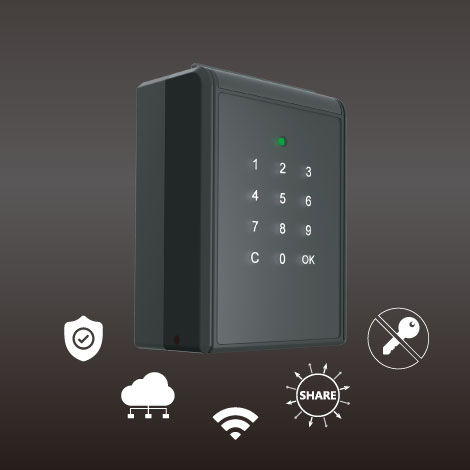
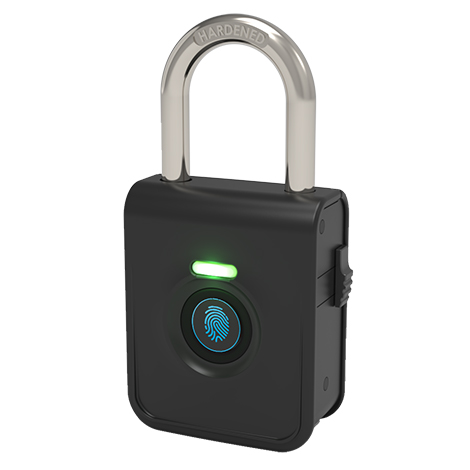
 English
English 繁體中文
繁體中文 简体中文
简体中文